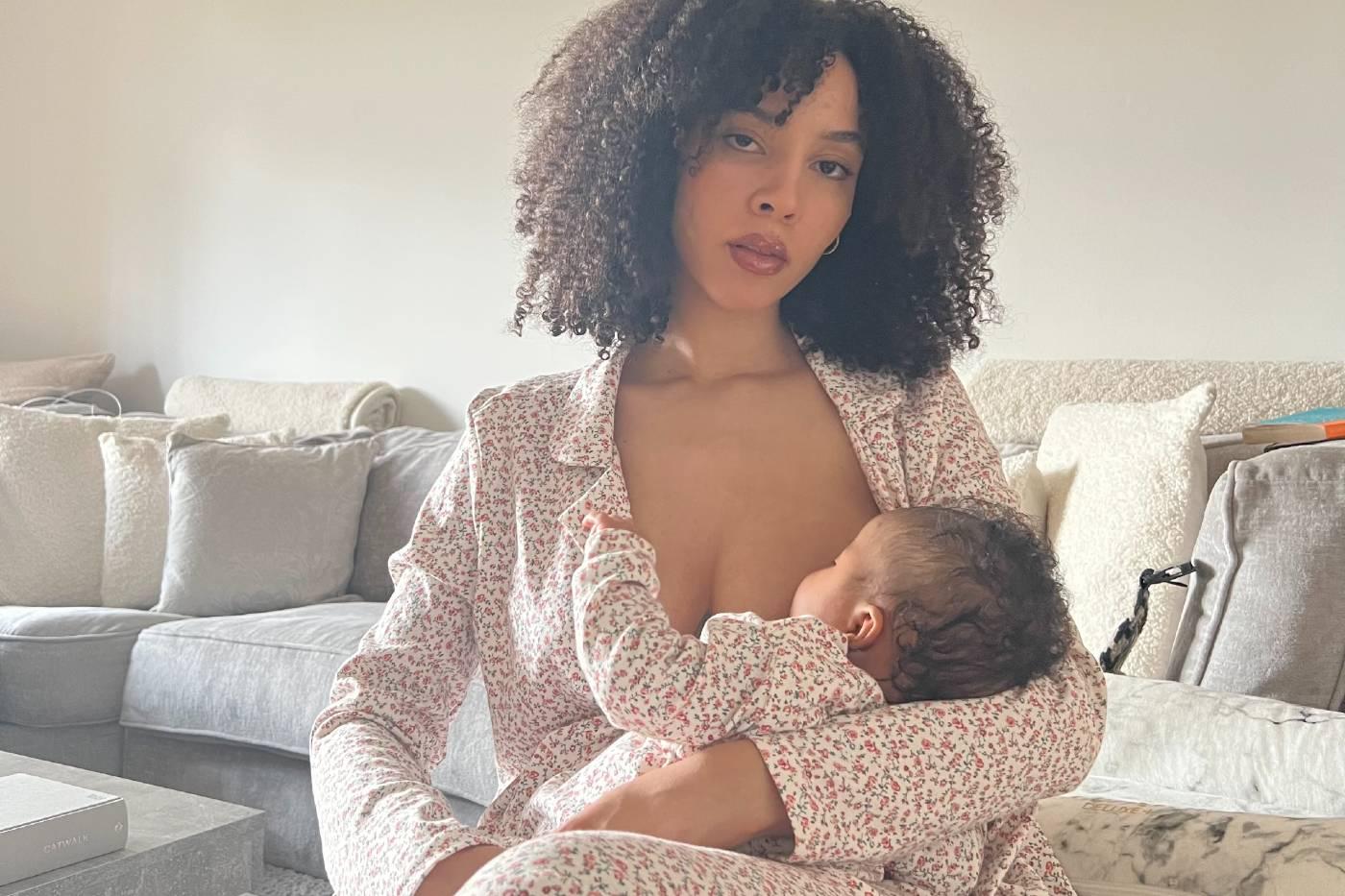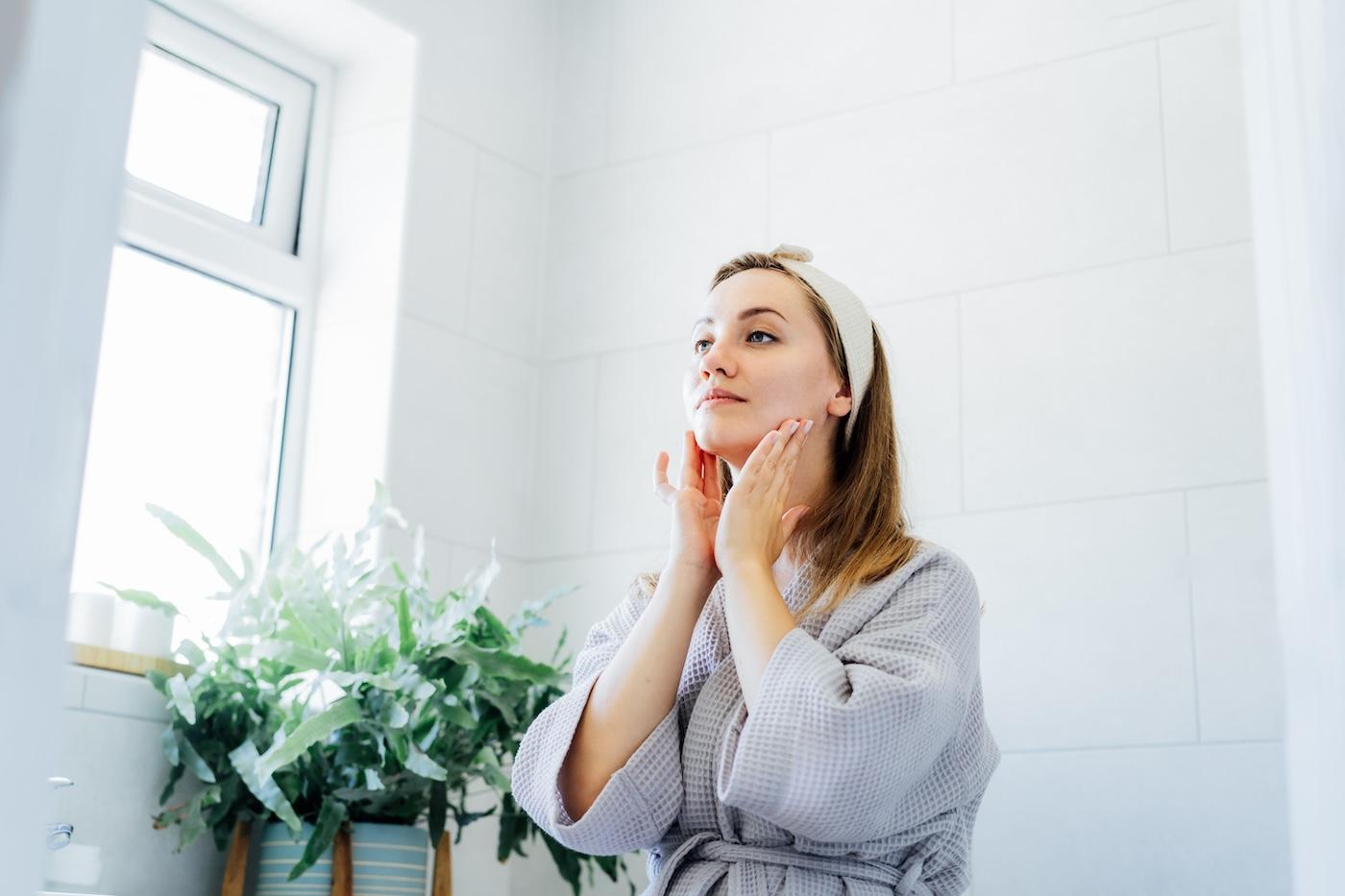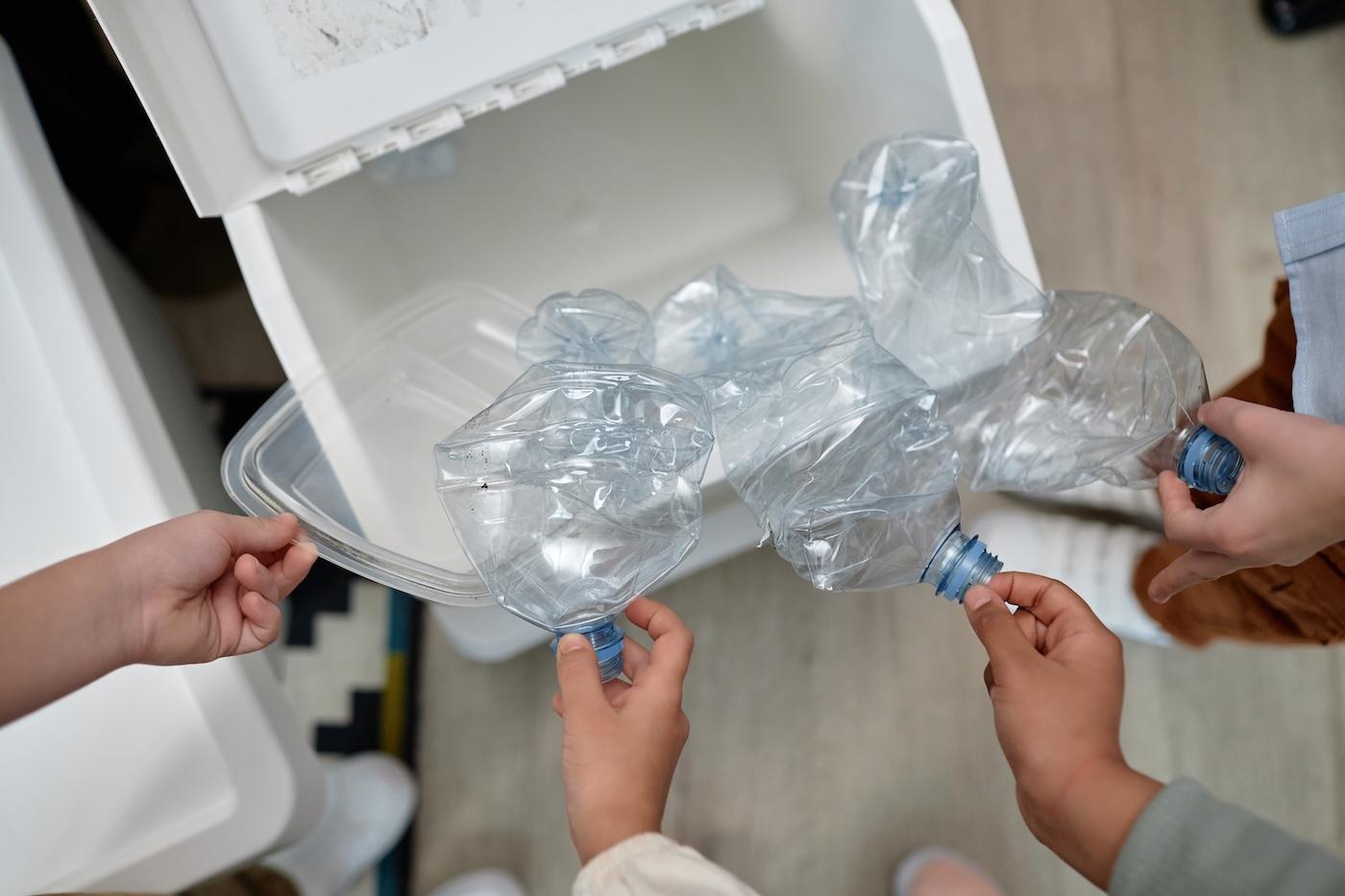PARENTS
This Mom Never Intended to Breastfeed—Here’s Why She Changed Her Mind
Soline Harrison never thought she’d breastfeed—but now she’s come to embrace what she says has been an “amazing journey.”

Written by
Happiest Baby Staff

London-based model Soline Harrison was not a mom-to-be who dreamed of breastfeeding her baby. Truth be told, she never even considered it. “If I’m being honest, breastfeeding wasn’t my first choice,” she says. “I wasn’t against it, but I had no knowledge about breastfeeding at all, so I just went with what I saw, which was formula feeding with bottles.” In fact, Soline’s very first baby purchase wasn’t a sweet little bodysuit or a bassinet. Instead, it was a bottle. “Bottles are everywhere. In movies, ads, in the street. When I think about a baby, I think about bottles,” she says.
Soline is far from the only Black woman to feel this way. After all, many expectant Black mamas don’t see fellow moms or aunts or any maternal figure nursing, according to research. And when Black women don’t have breastfeeding role models, the journey to nursing isn’t always easy. Not helping matters: The same study found that only about half of Black moms surveyed had positive attitudes and adequate knowledge about breastfeeding. That’s not entirely surprising considering that research in Breastfeeding Medicine shows that Black mothers encounter numerous challenges in initiating and sustaining breastfeeding, including prejudices, racism, inadequate social support, and resources
So, in honor of Black Breastfeeding Week’s 10-year anniversary, Happiest Baby asked a few Black breastfeeding mothers, like Soline, to share their nursing experiences. The reason? The only way to impart change is to get educated, to offer support, and to understand. Here’s Soline’s story.
Happiest Baby: What changed your mind about breastfeeding? Soline Harrison: A few weeks after I bought the baby bottles, my partner and I started reading a lot about all the benefits of breastfeeding, so I changed my mind. I felt that choosing to breastfeed was the best and most helpful choice for my family.
HB: How has your breastfeeding journey been? SH: My breastfeeding journey continues to be amazing. My baby Keziah is now 7 months and latched straight away. I was a bit worried at the beginning. You hear so many stories about it being horrible, draining, painful, difficult but I’m so grateful that this isn’t my story.
HB: What’s been your biggest breastfeeding challenge?SH: Feeding in public! It really baffles me how something so natural has become so taboo and seen as something so odd. I wasn’t comfortable at the beginning. I used to get very stressed out about feeding my baby when I was in public space. I would go to the bathroom or hide in my car and feel very anxious about it until I met other mums who just casually fed their babies wherever they were and that really gave me the confidence to do the same.
Experts note that public breastfeeding can be especially difficult for Black moms. Not only has society sexualized breasts to the point that nursing moms are routinely shamed for breastfeeding, but Black bodies have also been historically over-sexualized and degraded.
HB: Despite being initially uncomfortable with public breastfeeding, you decided to post breastfeeding pictures on Instagram. Can you share why you did that? SH: I believe it’s so important to normalize breastfeeding, but more importantly to change the history and knowledge we have about it. Looking back in history, formula companies made mothers doubt their own caretaking abilities. And this changed our beliefs—and the beliefs of future mothers—about baby feeding. And this type of knowledge was passed down generations. Social media offers a new optic for our future generation. We have the power to share information, to help mothers around the world, and to change the vision we have about breastfeeding.
HB: Did you have any Black folks on your care team?SH: I gave birth in London and my hospital was very mixed, which felt great and welcoming.
And my midwife was a Black woman and a mother to two boys herself. I feel very lucky to have been allocated to someone who cared and understood me and my partner in this journey. I’m very grateful for her. She also taught me that you’re allowed to choose [providers] who you feel more comfortable with—and that if something doesn’t feel right you should always raise your concern.
A 2021 report in Breastfeeding Medicine notes that increasing the number of BIPOC lactation support persons, such as midwives and lactation consultants, would greatly impact breastfeeding equality.
HB: What’s your best piece of advice for Black parents hoping to breastfeed?SH: I strongly suggest you do your own research and learn about the benefits of breastfeeding. Sometimes we tend to listen to whatever our elders suggest, but it’s okay to do it differently.
Motherhood is a personal journey, and we shouldn’t let society or anyone close to us have an impact on the decision we’re making for feeding our babies.
HB: Why do you think Black Breastfeeding Week is important? SH: It’s important to change the view of society toward breastfeeding and share knowledge. More importantly, there’s a very big problem that needs to be fixed: Infant mortality rates are higher among babies born to women of color than white women, and that isn’t normal at all. We need to take care of our community.
More reading on Black breastfeeding and Black parenthood:
- Unpacking the Racial Disparities in Breastfeeding
- Where Black Parents Can Find Breastfeeding Support
- Black Maternal Health Week: A Doula’s Perspective
- Why Do We Need Black Maternal Health Week?
- Mental Health Resources for BIPOC Parents
Disclaimer: The information on our site is NOT medical advice for any specific person or condition. It is only meant as general information. If you have any medical questions and concerns about your child or yourself, please contact your health provider.
SHARE THIS ARTICLE
MOST LOVED
Sleepytime Sidekicks












